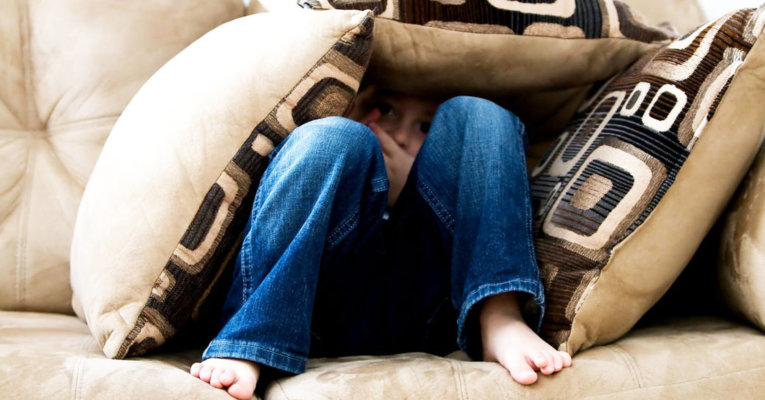It is well known that physical abuse hurts a child. The evidence is there in the form of bruises and broken bones. Hurtful words, however, harm a child on the inside. Because the results of emotional abuse are less evident, oftentimes parents are not aware how badly words can negatively affect their children.
What is emotional abuse?
- Using cruel words that attack your child’s feelings of self worth such as, “You are so stupid!” “Why can’t you ever do anything right?” “I wish you were never born!”
- Blaming your child for circumstances beyond her control. “If I didn’t have to buy all your school supplies I could have bought something I wanted!”
- Using embarrassment and shame as a form of discipline.
- Regularly screaming at your child in anger. All parents lose their temper occasionally, but it should not be a common occurrence.
- Rejecting your child’s need for affection. It is devastating to children and adults alike to reach out to someone for a much-needed hug or cuddle only to be pushed away.
- Withholding love as a form of punishment.
- Failure to validate your child’s emotions. “What are you crying for? Stop that right now!” “You don’t have to be such a baby about it!” “You’ve got no reason to feel that way!”
What are the effects of emotional abuse?
- Children who feel unimportant and unlovable.
- Poor school performance.
- The inability to make and keep lasting friendships.
- Very low self-confidence.
- Misbehavior
- Depression often accompanied by self-harm in teens.
What causes emotional abuse?
- Adults who were emotionally abused themselves may carry on these behaviors because it’s all they know.
- Extreme stress which can result in frustration and angry outbursts.
- Misguided parenting beliefs. Some parents believe praise, encouragement, and attention will spoil a child. This is NOT true. Children thrive when they receive the attention and encouragement they need.
- Parents who are suffering from an untreated mental illness.
- Alcohol and drug abuse.
What can be done to stop emotional abuse?
- If you witness a friend or family member constantly engaging in emotional abuse, please find a way to bring these behaviors to their attention. They may not be aware they have fallen into such negative patterns.
- If you feel you are hurting your child by what you say or do, please let someone know. Talk with someone you trust. You will find you are not the only one who struggles with parenting. Call PAL (1-866-962-3030); calls are free, confidential, and anonymous.
- Take a parenting class to learn about your child’s development and discover better ways to deal with misbehavior.
- Seek out the help of a professional therapist; especially if you were emotionally abused as a child.
- Become more self aware. Pay attention to your body’s signals. When you feel yourself tensing, clenching your teeth, and breathing rapidly, stop and take a time out. Ask yourself “Why am I feeling this way?” “Is it really my child I am upset with?” “Are these helpful or hurtful words?”
- Be sure your child is safe then remove yourself from the situation until you can calm down. Take deep breaths, count to 10, or phone a friend.
- Check to see if your employer offers anger management classes.
All children need love, safety, security, and appreciation for being who they are. Take time every day to say something positive to your child. Praise them for appropriate behavior and let them know what they do well.






